Understanding Water Hardness: Why Park City Residents Should Care
Water hardness is prevalent in many households, especially in regions with distinct geological features like Park City, Utah. Residents need to grasp the concept of water hardness, its causes, and its effects to make informed decisions about water treatment solutions. Hard water can lead to issues such as scale buildup in pipes and appliances, which can reduce their efficiency and lifespan. Moreover, understanding the impact of hard water on daily activities, like cleaning and bathing, can help residents choose appropriate water-softening options.
What is Water Hardness?
The concentration of calcium and magnesium ions present in the water determines water hardness. These minerals occur naturally and are absorbed as water traverses through soil and rock formations. The hardness level is typically measured in grains per gallon (GPG) or milligrams per liter (mg/L), with water being classified as hard if it contains more than 7 GPG or 120 mg/L of these minerals.
Natural processes contribute significantly to water hardness. As water flows through limestone or chalk deposits, it dissolves calcium and magnesium, which then become part of the water supply. Hard water is often contrasted with soft water, which contains lower concentrations of these minerals. While hard water has a distinctive taste and can reduce the effectiveness of soaps and detergents, leading to dry skin and dull hair, soft water generally feels smoother and is more efficient for cleaning purposes.
Geological and Environmental Influences in Park City
The unique geological formations surrounding Park City play a crucial role in water hardness. The region's abundance of limestone and other mineral-rich deposits significantly increases the mineral content in the water as it moves through these formations. This geological characteristic is a primary contributor to the hardness of water in the area.
Environmental factors such as climate also impact water hardness. Changes in precipitation and temperature can alter the concentration of minerals in water sources. For instance, higher rainfall can result in more minerals being dissolved into the water supply. Park City's primary water sources include rivers and groundwater, both of which exhibit varying levels of hardness.
Effects on Plumbing and Appliances
The presence of hard water can lead to substantial issues within plumbing systems and household appliances. One prevalent problem is scale build-up, where mineral deposits accumulate in pipes, reducing water flow and increasing the risk of blockages. This can result in costly repairs and maintenance.
Household appliances such as dishwashers, water heaters, and washing machines are also adversely affected by hard water. Mineral deposits can reduce their efficiency and shorten their lifespan, necessitating more frequent repairs or replacements. Homeowners often face increased maintenance costs due to the need for regular descaling and potential early replacement of affected appliances.
Daily Life Implications
The impact of hard water extends beyond plumbing and appliances, affecting daily life in various ways. Hard water can lead to dry skin and dull hair and may exacerbate conditions like eczema, posing concerns for those with sensitive skin. The taste of hard water can also influence the flavor of beverages and food, particularly in recipes requiring precise water-to-ingredient ratios.
When it comes to laundry and cleaning, hard water can diminish the effectiveness of detergents, causing fabric wear and tear. This can lead to more frequent replacement of clothing and linens, adding to household expenses.
Solutions to Combat Hard Water
To address hard water, one of the primary solutions is the installation of water softeners. These devices function by exchanging calcium and magnesium ions with sodium or potassium ions, effectively reducing water hardness. Various types of water softeners are available, including salt-based, salt-free, and magnetic softeners, each offering distinct advantages and disadvantages.
Whole-house filtration systems present another option for those seeking to improve water quality. These systems can be used in conjunction with water softeners to provide a comprehensive solution to water hardness. Installing and maintaining water softening systems typically involves an initial setup and periodic maintenance to ensure optimal performance. Regular checks and salt refills are part of maintaining these systems.
Benefits of Addressing Water Hardness
Addressing water hardness yields several long-term benefits. Among the most significant advantages are improved appliance lifespan and reduced maintenance costs. Softer water also enhances the quality of daily life, from better skin and hair health to more effective cleaning.
Improving water quality has positive implications for community health. By reducing the prevalence of hard water-related issues, such as skin irritation, residents can experience better overall health outcomes. Choosing eco-friendly solutions for water treatment is also crucial. By minimizing water hardness, communities can enjoy the environmental benefits of using less detergent and energy in cleaning processes.
Exploring Water Hardness in Park City
Park City's geological landscape is rich with limestone and mineral deposits, which significantly contribute to the hardness of its water supply. Residents should be aware of these natural factors when considering water treatment options. The local climate further influences water hardness, with fluctuations in precipitation and temperature affecting mineral concentrations.
The Utah Geological Survey provides detailed information on the geological factors impacting water hardness in the area, allowing residents to better understand the underlying causes and potential solutions. By exploring these aspects, residents can make informed decisions about the most suitable water treatment methods for their needs.
Choosing the Right Water Treatment System
Selecting the appropriate water treatment system involves understanding the specific needs of your household. Factors such as water usage, budget, and environmental concerns should be considered when evaluating water softeners and filtration systems. Consulting with water treatment professionals can help residents identify the most effective solutions tailored to their unique circumstances.
Different types of water softeners, such as salt-based, salt-free, and magnetic systems, offer varying benefits and drawbacks. Understanding these options can guide residents in choosing the most suitable system for their homes. Whole-house filtration systems can complement water softeners, providing a comprehensive approach to improving water quality.
Community Initiatives and Water Quality Awareness
Community initiatives aimed at raising awareness about water quality and hardness can play a vital role in encouraging residents to take action. Educational programs and workshops can provide valuable information on the importance of addressing water hardness and the available solutions. By fostering a sense of community responsibility, residents can collectively work towards improving water quality and ensuring a healthier environment.
Local governments and organizations can support these efforts by providing resources and incentives for residents to invest in water treatment systems. Collaborating with water treatment professionals can also help communities develop effective strategies for addressing water hardness and promoting sustainable practices.
The Role of Technology in Water Treatment
Advancements in technology have led to innovative solutions for water treatment, making it easier for residents to manage water hardness. Modern water softeners and filtration systems offer improved efficiency and convenience, reducing the need for frequent maintenance and monitoring. By staying informed about the latest technological developments, residents can take advantage of these advancements to enhance their water quality.
Smart water treatment systems equipped with digital monitoring capabilities allow homeowners to track water usage and hardness levels in real time. These systems can provide alerts and recommendations for maintenance, ensuring optimal performance and prolonging the lifespan of appliances and plumbing.
Understanding and addressing water hardness is crucial for residents of Park City and similar areas with unique geological characteristics. By exploring the causes and effects of water hardness, residents can make informed decisions about water treatment solutions that enhance their quality of life. From improving appliance efficiency to promoting better skin and hair health, the benefits of reducing water hardness are substantial. Community initiatives and technological advancements further support these efforts, ensuring a cleaner, safer, and more enjoyable water supply for all residents.
For inquiries and assistance regarding water hardness solutions, contact Water Science today. Our team is dedicated to providing expert advice and support for all your water treatment needs.

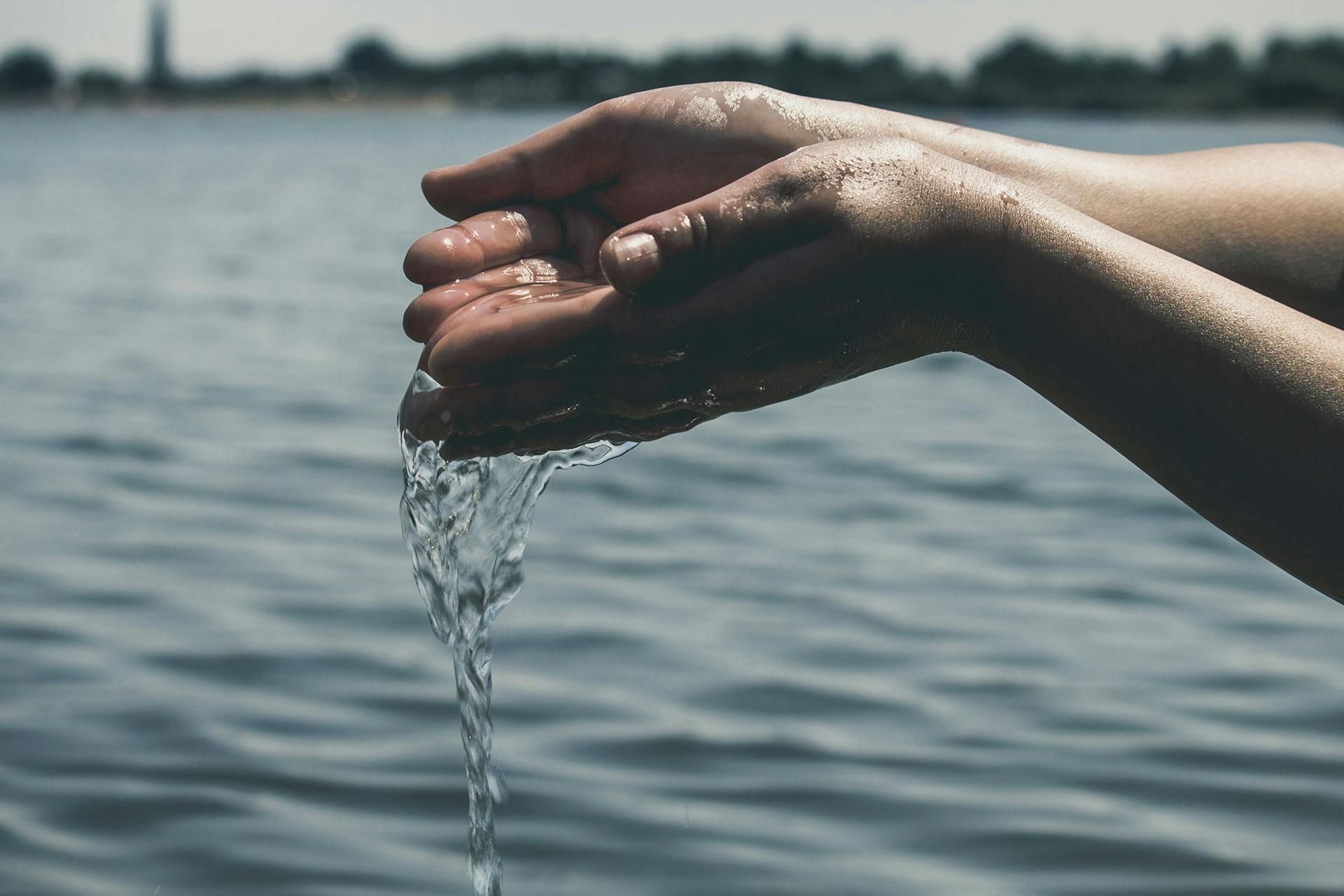
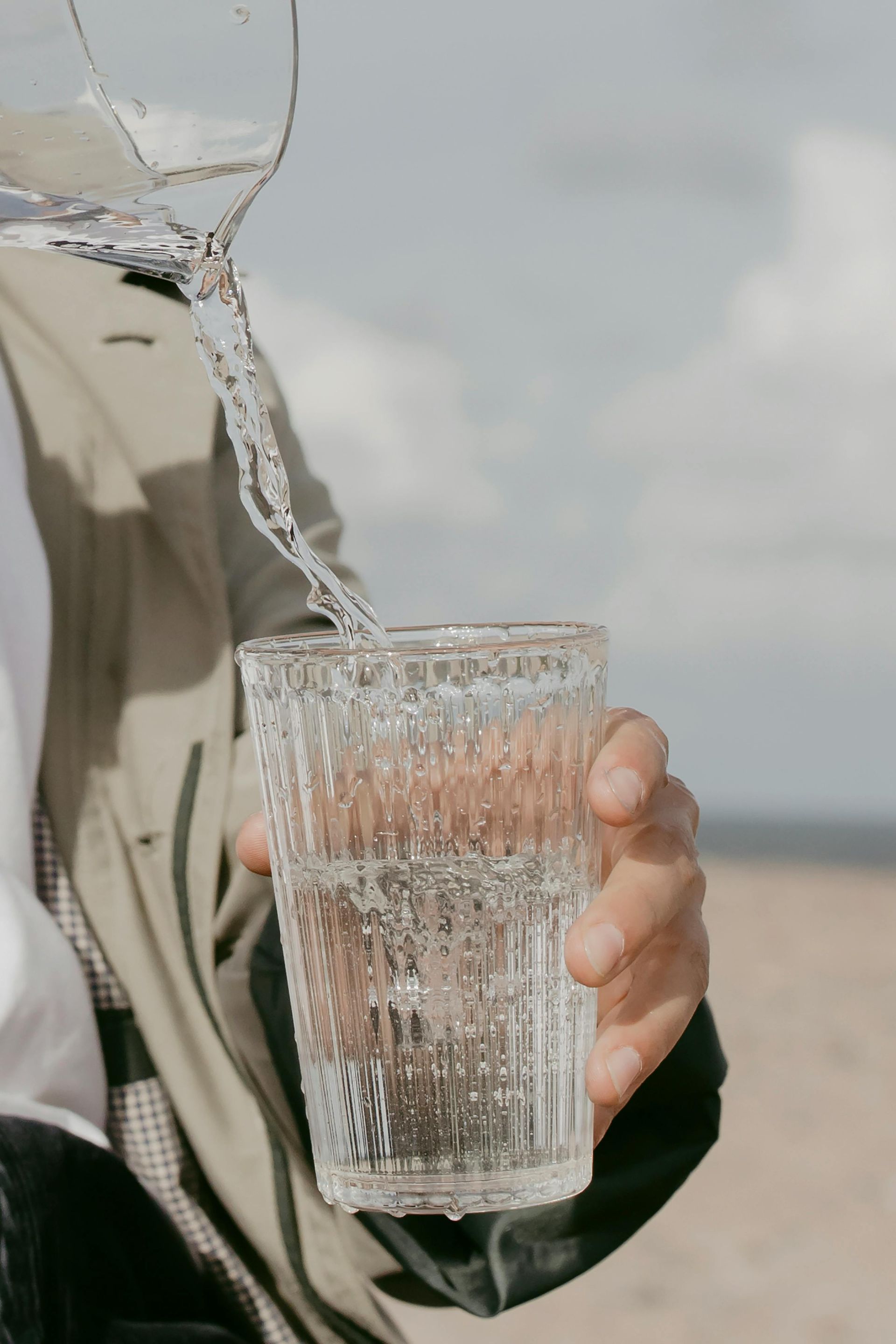

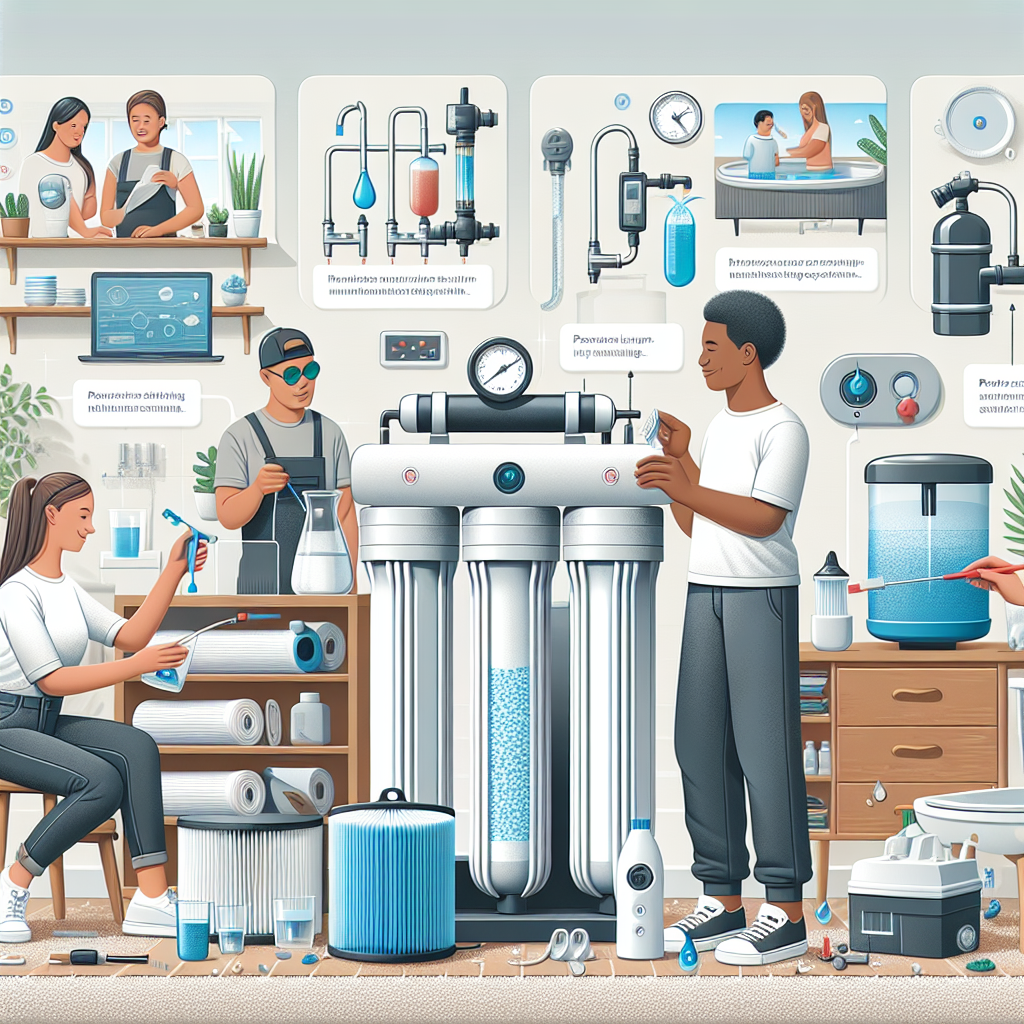
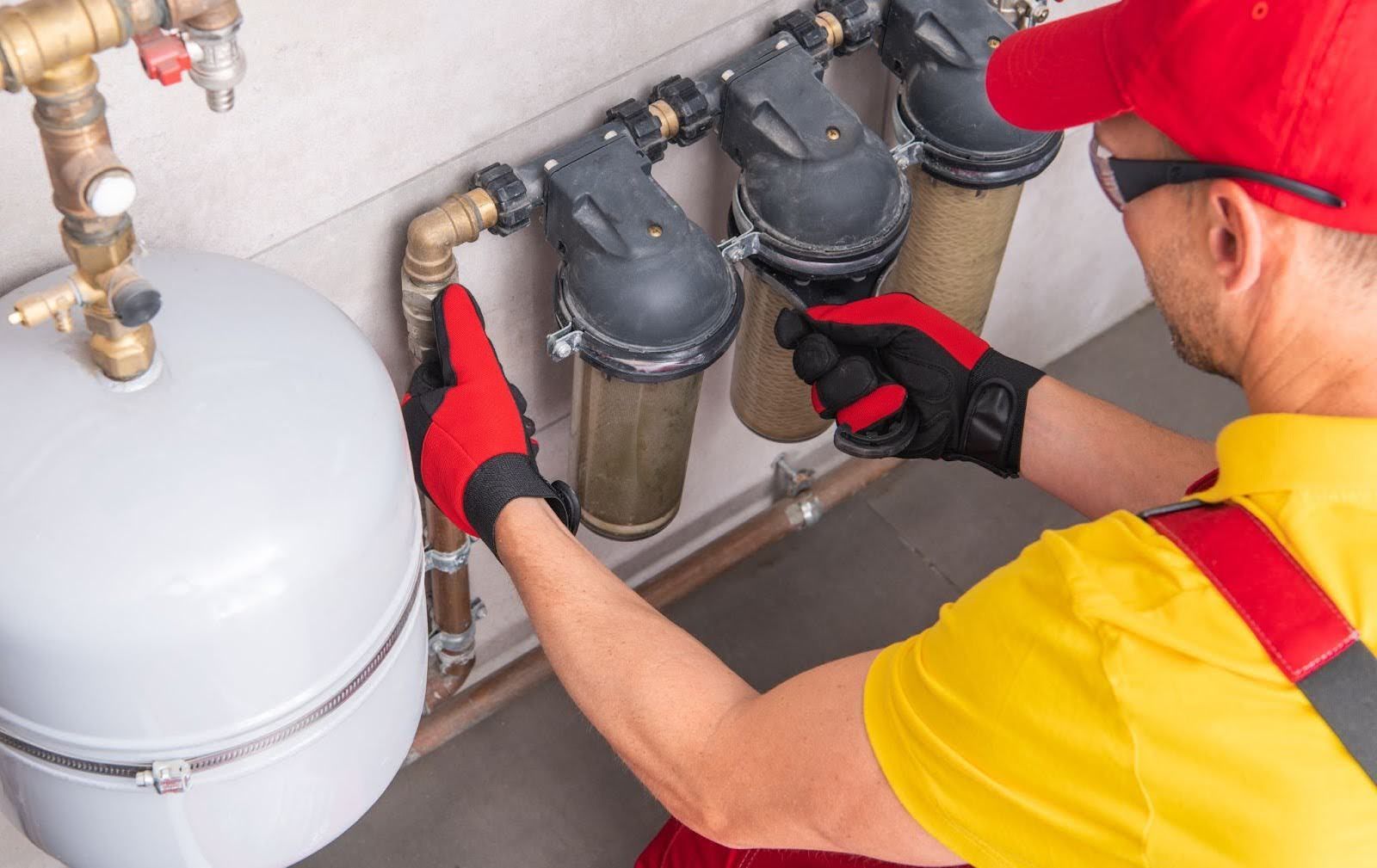
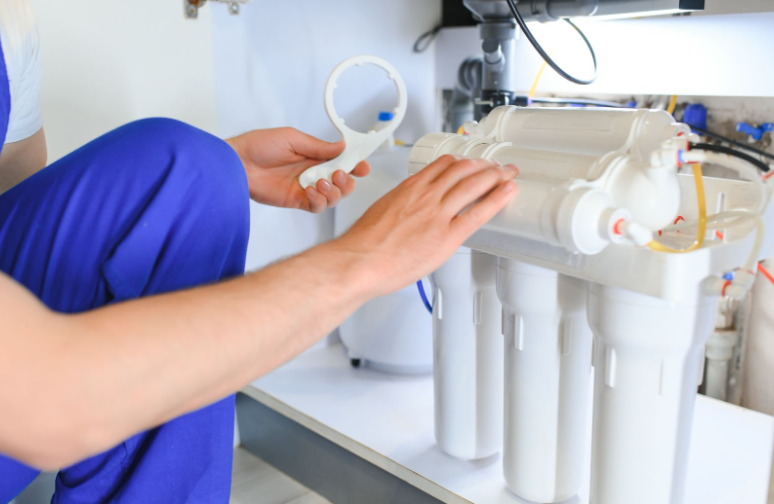
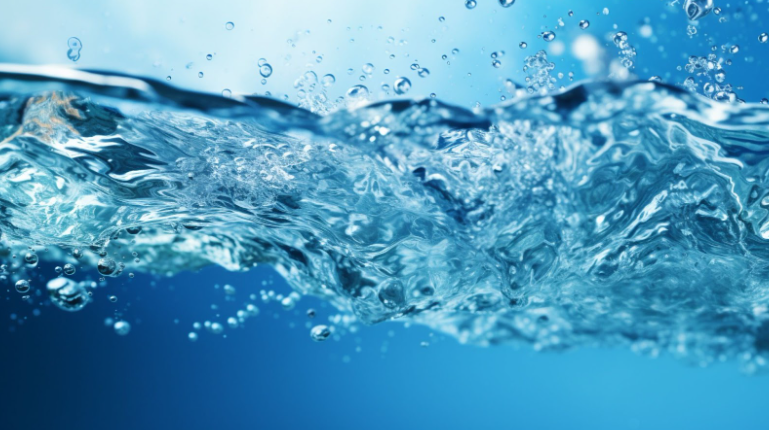
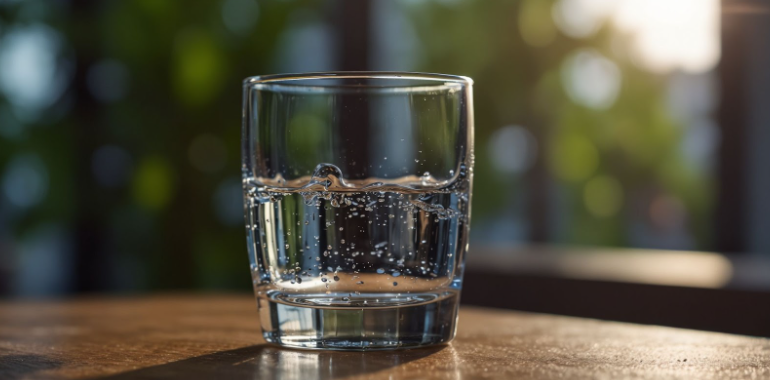
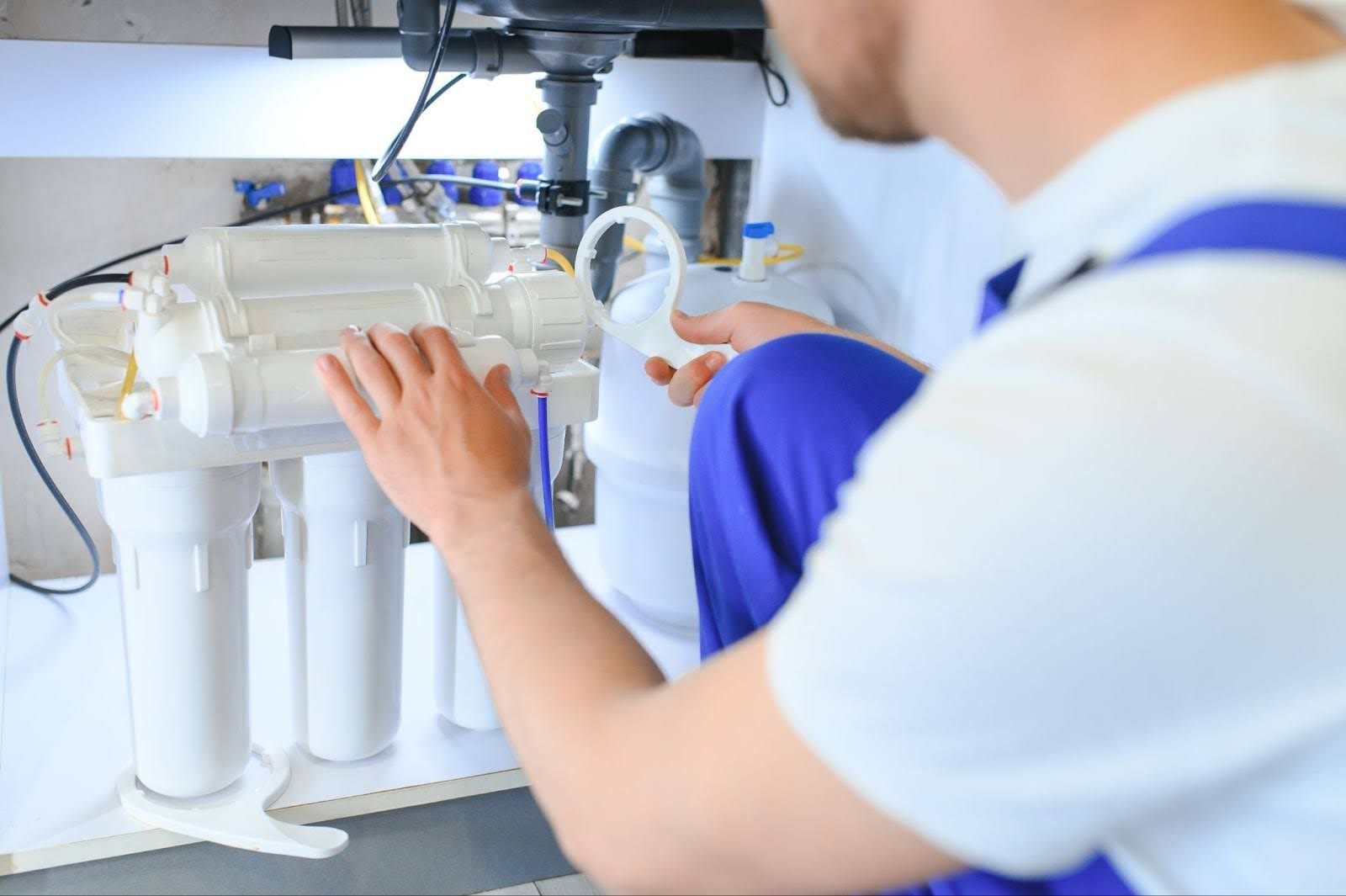

6420 N Business Park Loop Rd, Park City, UT 84098, United States of America
All Rights Reserved | Water Science
